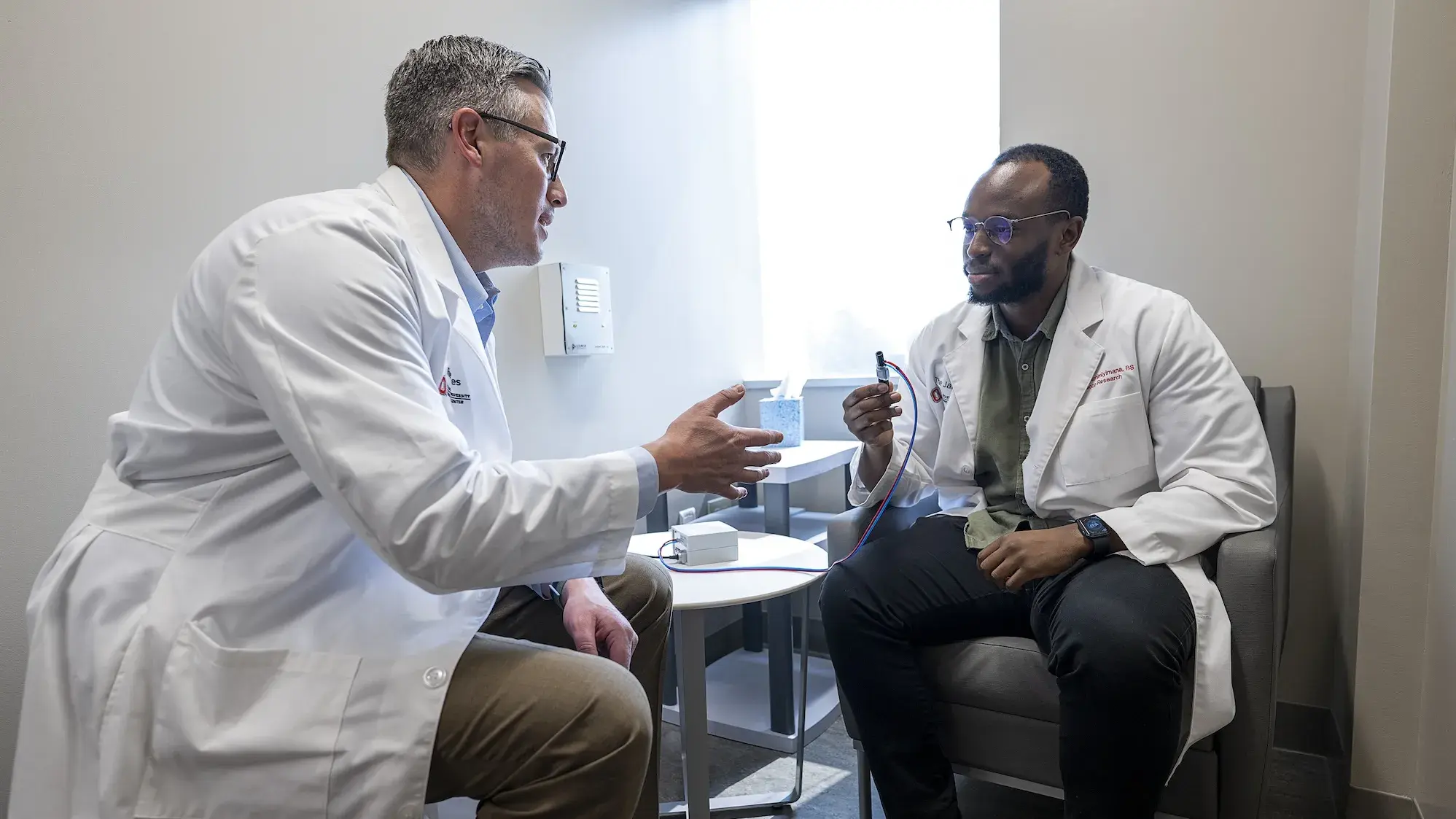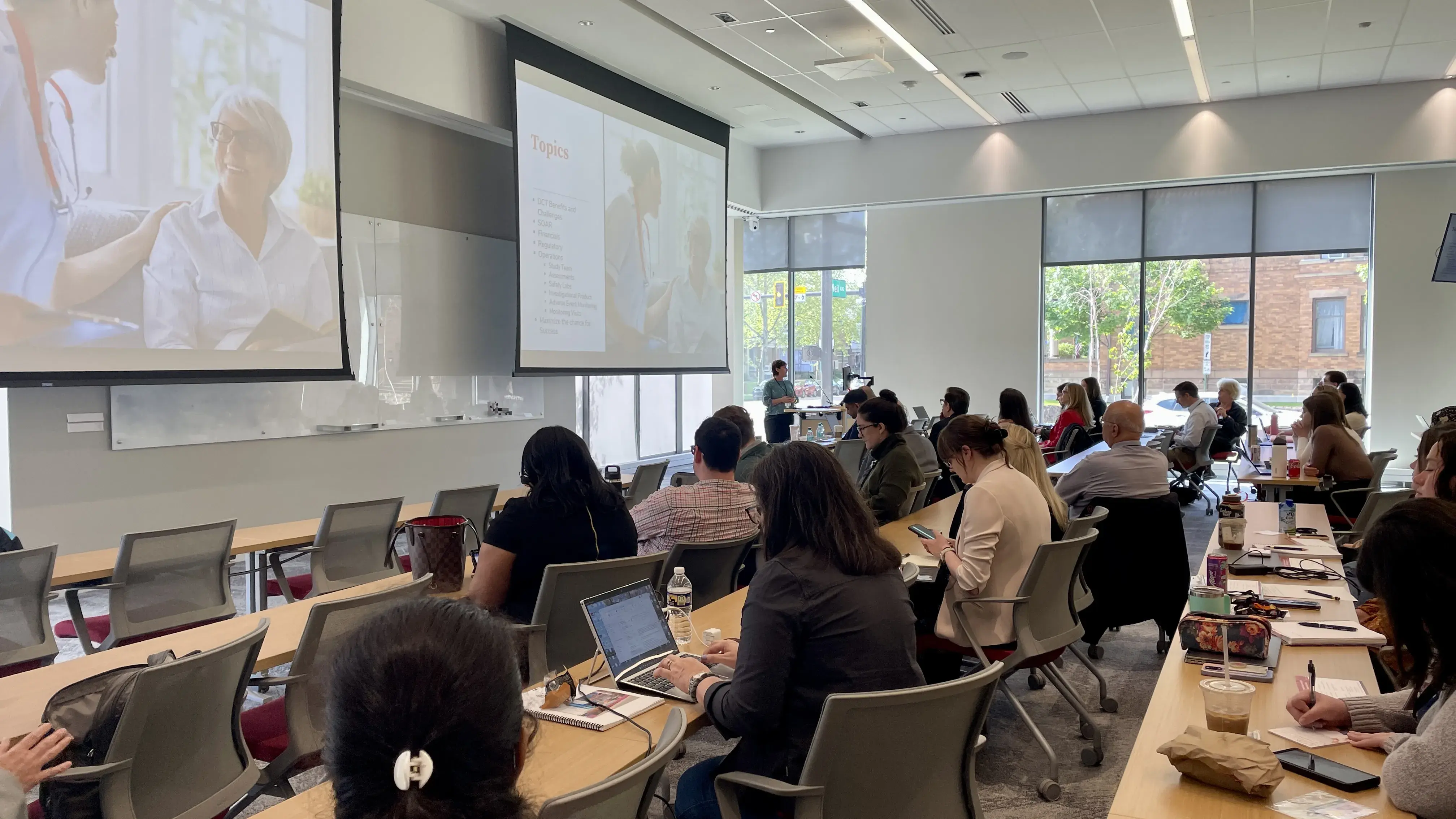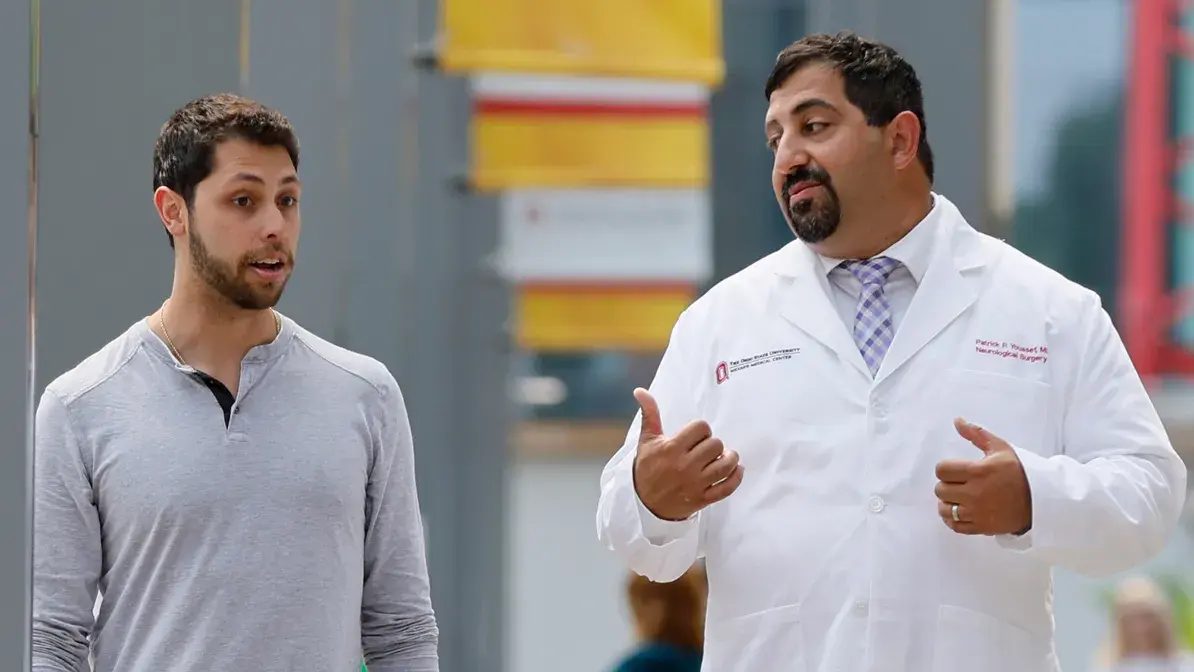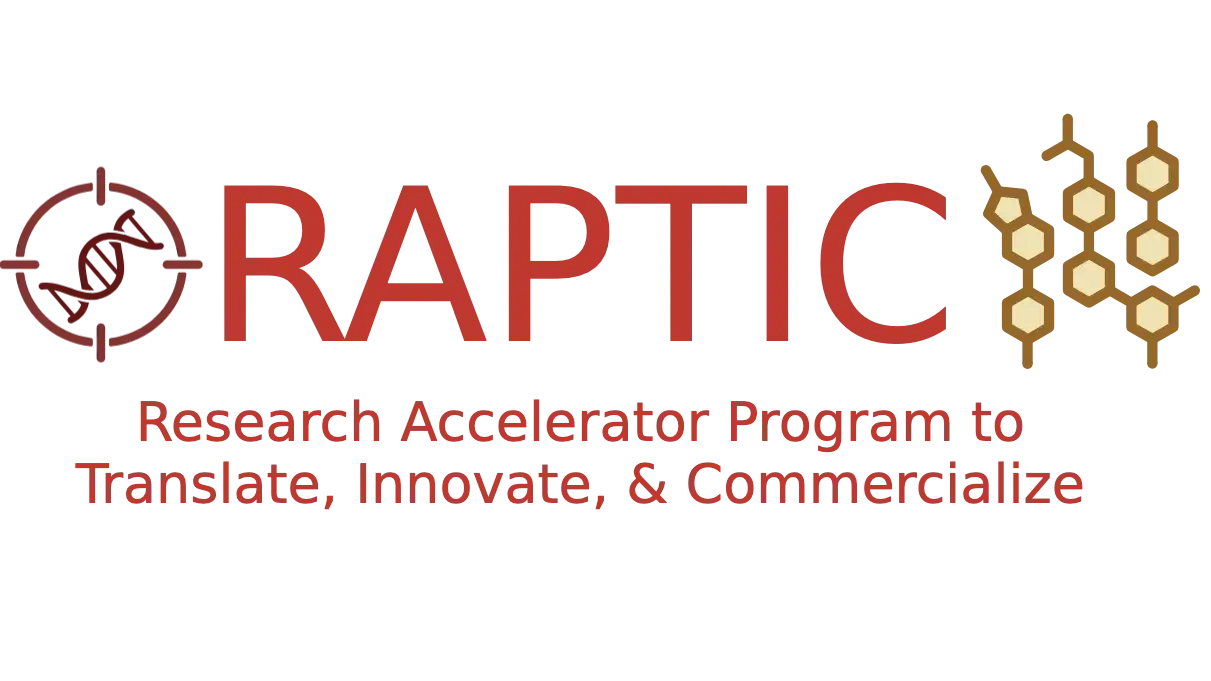Established Investigator

Established Investigator
Opportunities for experienced investigators to acquire new research capabilities and to engage in mentor trainings to help early career researchers become more effective researchers.

Business of Science
Audience: Any faculty member
The CTSI partners with Fisher College of Business to present The Business of Science, a workshop designed to provide faculty researchers in health and biomedical sciences with enhanced skills in innovation, project management and team leadership. The sessions are practically oriented, interactive and introduce participants to methods they can implement immediately in their research projects.

Research Mentor Training
Audience: Established investigators, mid- and established career faculty
The CTSI presents up to three mentoring workshops a year to develop your competency as a mentor. The training is designed to help faculty who mentor early career researchers, whether junior faculty, postdoctoral trainees or graduate students to become more effective research and career mentors.

RAPTIC
Audience: All faculty
RAPTIC supports faculty doing innovative research in the medical, health or biomedical fields.